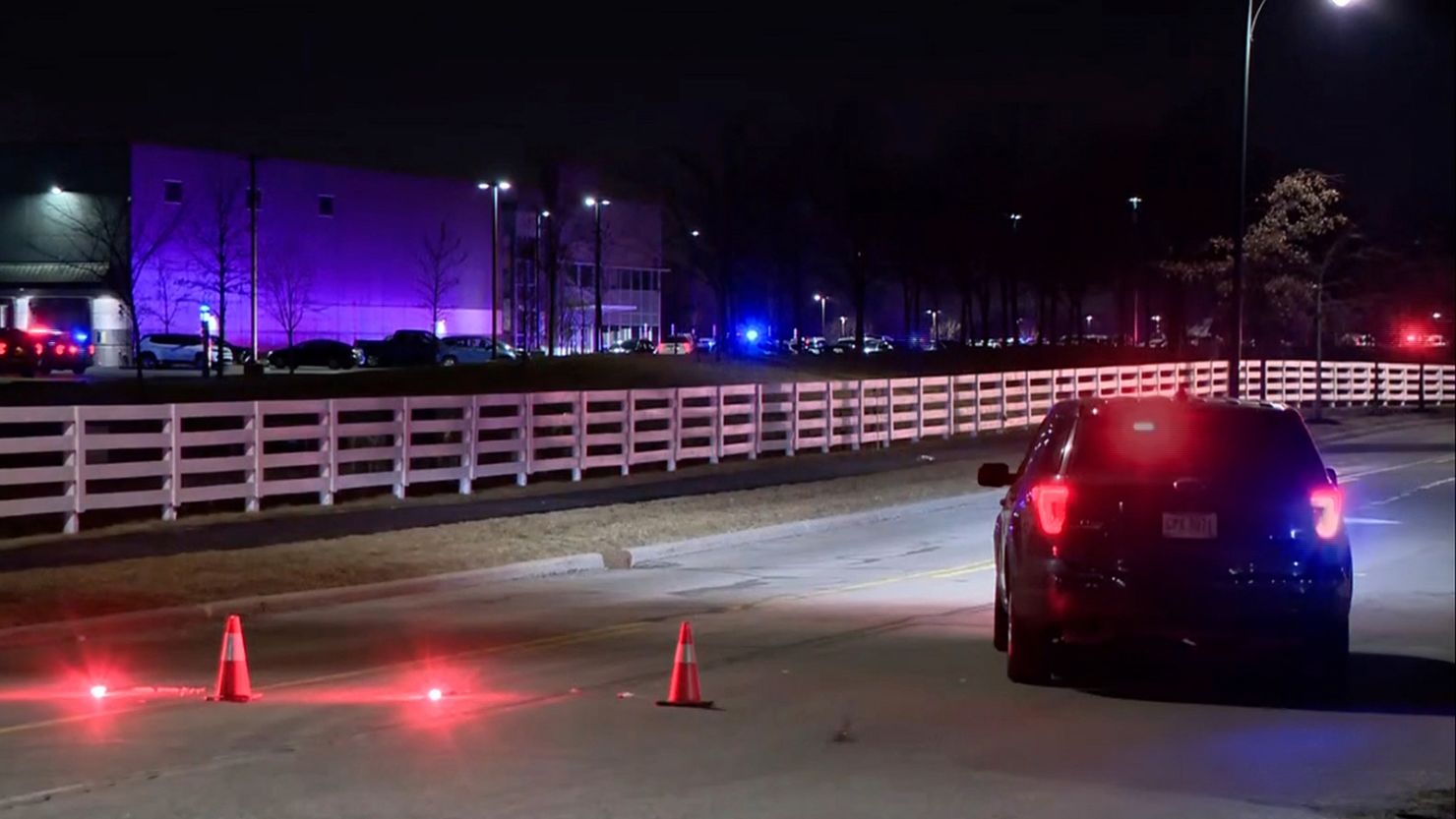The US housing market is showing signs of a slight cooling, but prospective homebuyers in the Northeast and Midwest may be disappointed by the ongoing competition for affordable homes this year. A new report predicts Buffalo, New York, will be the hottest housing market in 2025 as many Americans grapple with low inventory and elevated mortgage rates.
Here’s what else you need to know to Get Up to Speed and On with Your Day.
1. Trump’s agenda
Congress on Monday officially certified President-elect Donald Trump’s victory in the 2024 election, paving the way for his inauguration in 13 days. The ceremonial process marked the first election certification since the attack on January 6, 2021, when protesters transformed the routine task into a violent riot at the US Capitol. Trump, meanwhile, has said he wants to put his entire legislative agenda into a single, massive bill. The sprawling package includes new immigration laws, energy policies and a tax overhaul — along with an increase of the national debt limit and spending cuts to federal programs. Republicans are looking to pass the bill using the budget process known on Capitol Hill as reconciliation, which allows bills to be approved by a simple majority, or 51 votes in the Senate.
2. Trudeau resigns
Prime Minister Justin Trudeau announced his resignation on Monday, saying he intends to step down from the top job and as the leader of Canada’s ruling Liberal Party once a new party leader is chosen. Trudeau, the 53-year-old leader of the Liberal Party for 11 years and prime minister for nine, was facing a mounting set of crises, from Donald Trump’s tariff threats to the resignation of key allies and disastrous opinion polls. His resignation could be seen as choosing to jump before he is pushed, ahead of a general election to be held later this year that he is widely expected to lose. Canada’s parliament will be suspended until March 24 to give the party time to choose a new leader.
3. Bird flu
The first human death from H5N1 bird flu in the US was reported in Louisiana. The patient, who was over 65 and reportedly had underlying medical conditions, was hospitalized with severe bird flu after exposure to a backyard flock and to wild birds. Louisiana health officials said their investigation found no other human cases linked to this patient’s infection. A recent CDC study on the first 46 human cases of H5N1 in the US last year found that they were nearly all mild. While most people continue to have a low risk from bird flu, people who keep chickens and other birds in their backyards need to be cautious, as do workers on dairy and poultry farms, health officials said.
4. Deadly earthquake
At least 95 people have been killed after a powerful earthquake struck a remote region of Tibet today, with tremors felt in neighboring Nepal and parts of northern India. The 7.1-magnitude quake and multiple aftershocks toppled houses in remote Himalayan villages, rocked a nearby Tibetan holy city and rattled visitors to a Mount Everest base camp. Its epicenter, located in Tingri County high on the Tibetan plateau, was close to the border with Nepal, around 50 miles north of the world’s highest mountain. More than 130 people were injured, local authorities said.
5. Medical debt
The Biden administration will finalize a rule today that will ban the inclusion of medical debt on credit reports. The rule will also remove an estimated $49 billion in medical bills from the credit reports of about 15 million people, the Consumer Financial Protection Bureau said. The rule bans lenders from using medical devices, such as wheelchairs or prosthetic limbs, as collateral for loans and bars them from repossessing the devices if patients are unable to repay the loans. The measure, which was proposed last June, takes effect 60 days after it is published in the Federal Register. Congress now has a limited period of time when it can review and rescind the final rules.



